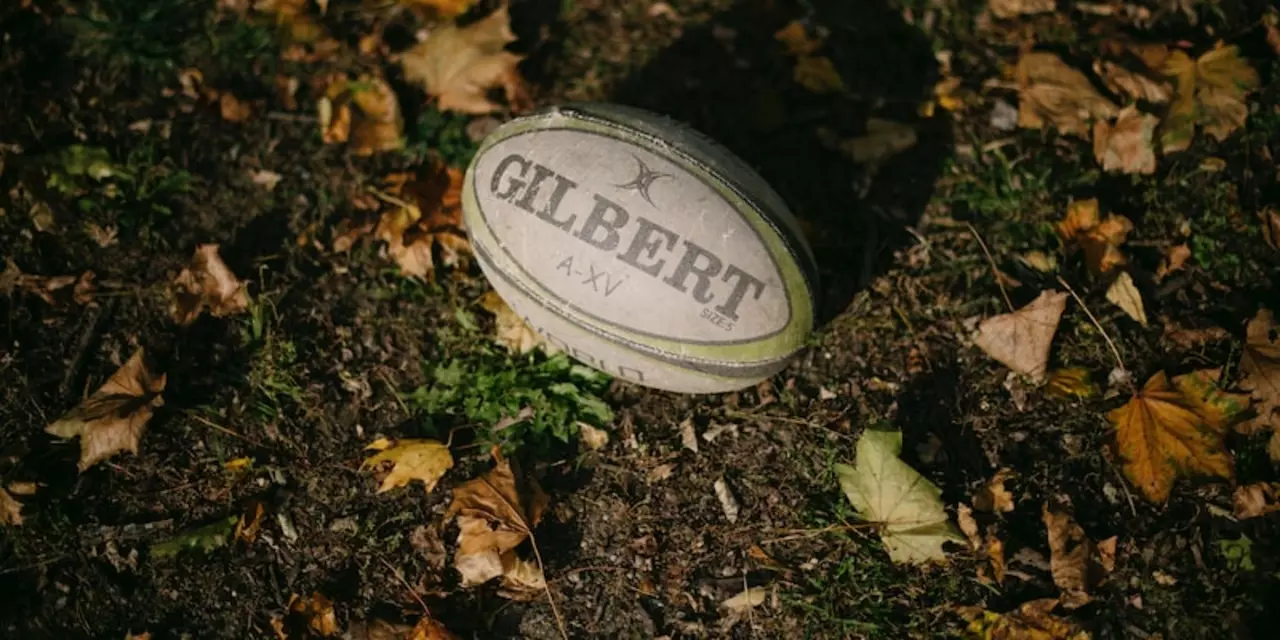Rugby is a physically demanding sport, so it’s important for players to have a well-rounded training program that includes a variety of strength, endurance and skills exercises. The basics of rugby training involve developing a comprehensive plan that combines strength, cardio, and agility, as well as skill-specific drills. Here are some helpful strategies and tips for rugby players to consider when creating their training program.
Strength Training:
Strength training is an essential component of any rugby player’s training program. Strength training helps to build muscle, which can help improve overall performance. Strength training exercises should focus on the major muscle groups, such as the legs, back, chest, and shoulders. It’s also important to do exercises that target the core muscles, such as planks and squats. In addition, exercises that help to improve balance and agility should be included in the strength training regimen.
Cardiovascular Training:
Cardiovascular training is important for rugby players because it helps to improve endurance and stamina. Cardio exercises should be done at least three times a week, and should include activities such as running, cycling, swimming, and rowing. Interval training can also be beneficial, as it helps to build speed and power. It’s important to gradually increase the intensity of the workouts to ensure the body is able to handle the increased workload.
Agility Training:
Agility training is important for rugby players because it helps to improve coordination and balance. Agility drills should be done regularly and should focus on quick direction changes and footwork drills. Jumping exercises, such as box jumps and hurdle hops, can also help to improve agility. Plyometric exercises, such as squat jumps and burpees, are another great way to improve agility and power.
Skill-Specific Drills:
Skill-specific drills are important for rugby players because they help to develop the techniques used in the game. Drills should focus on ball-handling, tackling, and passing, as well as other rugby-specific skills. It’s important to practice the skills regularly in order to hone them and ensure they are ready to be used in a game situation.
Rest and Recovery:
Rest and recovery are an essential part of any rugby player’s training program. It’s important to take regular breaks throughout the week in order to allow the body to recover and repair itself. In addition, it’s important to get enough sleep each night to ensure the body is well-rested and ready to perform at its best. Nutrition is also important, as it helps to provide the body with the fuel it needs to perform optimally.
By following these strategies and tips, rugby players can create a comprehensive training program that will help them reach their goals and perform at their best. With a well-rounded training program, rugby players can develop their strength, endurance, and skill-specific techniques, and be prepared to take on any challenge.
Rugby players require a lot of strength, power, and endurance to play the game. Therefore, strength and conditioning is an essential component of any rugby player's training regimen. This article will provide an overview of the different types of strength and conditioning exercises rugby players use, as well as how often they should be performed.
Strength Training
Rugby players need to develop a strong and powerful body to compete effectively in the game. Strength training exercises are important for building muscle, increasing power, and improving overall fitness. Common strength training exercises for rugby players include squats, deadlifts, Olympic lifts, and power cleans. In addition, players should also incorporate core and upper body exercises such as planks, pull-ups, and push-ups. Strength training should be performed two to three times per week.
Conditioning Training
Rugby is a highly aerobic sport, and conditioning training is key for a rugby player to develop their endurance. Cardio exercises such as running, sprinting, and cycling are important for developing the player's cardiovascular system. Additionally, rugby players should also perform interval training, which consists of short bursts of intense activity followed by longer periods of rest. Conditioning training should be performed three to four times per week.
Recovery Training
Recovery training is an important part of any athlete's training routine. Rugby players should incorporate stretching and foam rolling exercises into their training routine in order to prevent injury and improve performance. Additionally, players should also focus on core stability exercises to strengthen the muscles and improve their posture. Recovery training should be performed two to three times per week.
Rugby players are known for their physical strength and toughness. However, their mental strength and toughness is just as important for peak performance. Rugby players need to be able to push themselves, focus on their goals, and keep a level head in pressure situations. Here are some tips for developing mental toughness in rugby players.
Visualization:
Visualization is a powerful tool for rugby players. It involves imagining yourself successfully completing a task or maneuver, such as a specific pass or tackle. Visualization can help a rugby player stay focused on the task at hand, as well as build confidence. Visualization can also help a player prepare for certain situations and anticipate opponents’ moves.
Emotional Control:
Rugby players need to be able to control their emotions on the field. This means not getting too high or too low when things go right or wrong, and staying focused on the task at hand. Emotional control is especially important in high pressure and intense situations. Rugby players need to be able to stay calm and composed and not let emotions get the best of them.
Positive Self-Talk:
Rugby players also need to practice positive self-talk. Positive self-talk involves talking to oneself in a positive and encouraging way. This can help a player stay motivated and focused, even when the going gets tough. Positive self-talk can help a player stay on track and not become too discouraged by mistakes or setbacks.
Physical Training:
Of course, physical training is also important for rugby players. Strength, agility, and endurance training are all important for peak performance. Rugby players need to be able to perform at their best for the entire game, and physical training is key for this. It’s important for rugby players to create a balanced training program that covers all of these areas.
Developing mental toughness is an important part of rugby training. By using visualization, emotional control, positive self-talk, and physical training, rugby players can reach their peak performance level. Mental toughness is just as important as physical strength in rugby, and players need to focus on both in order to be successful.





